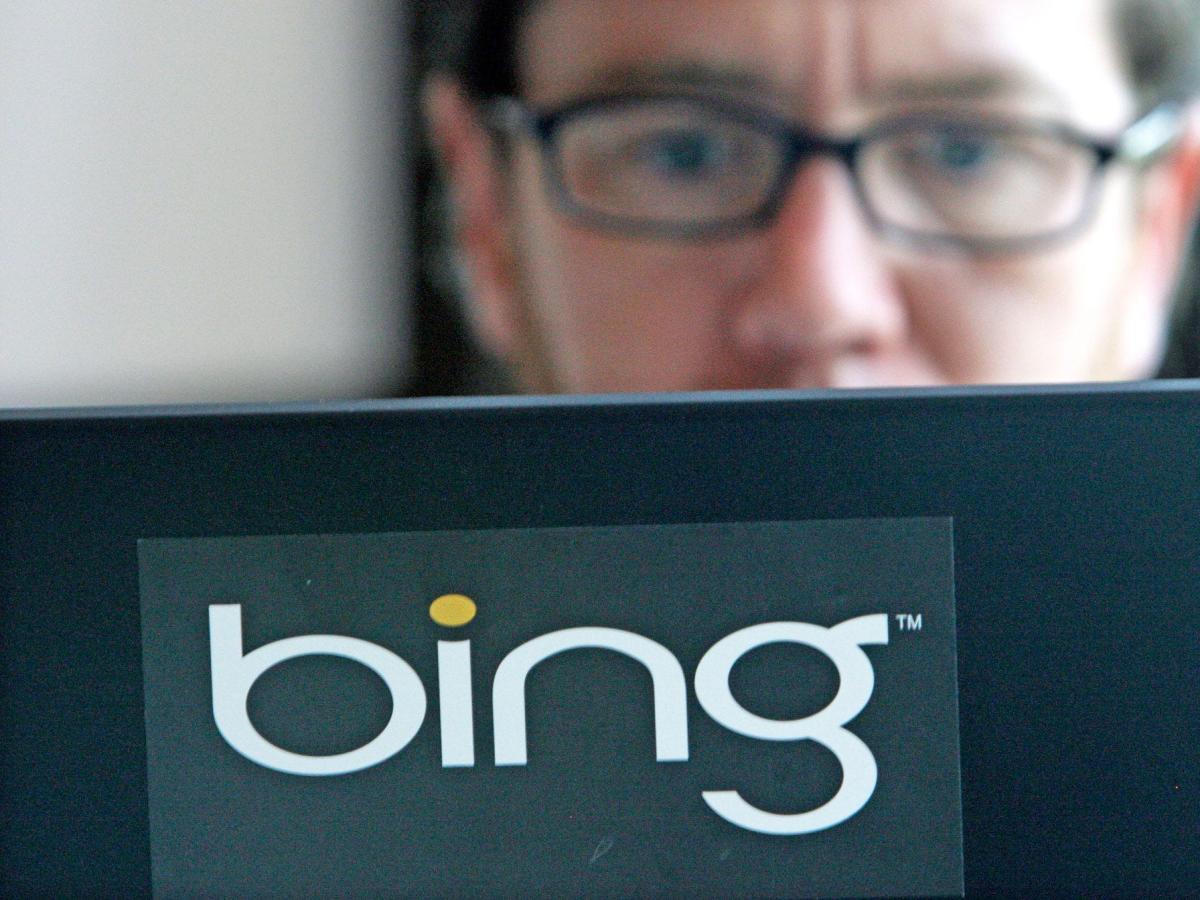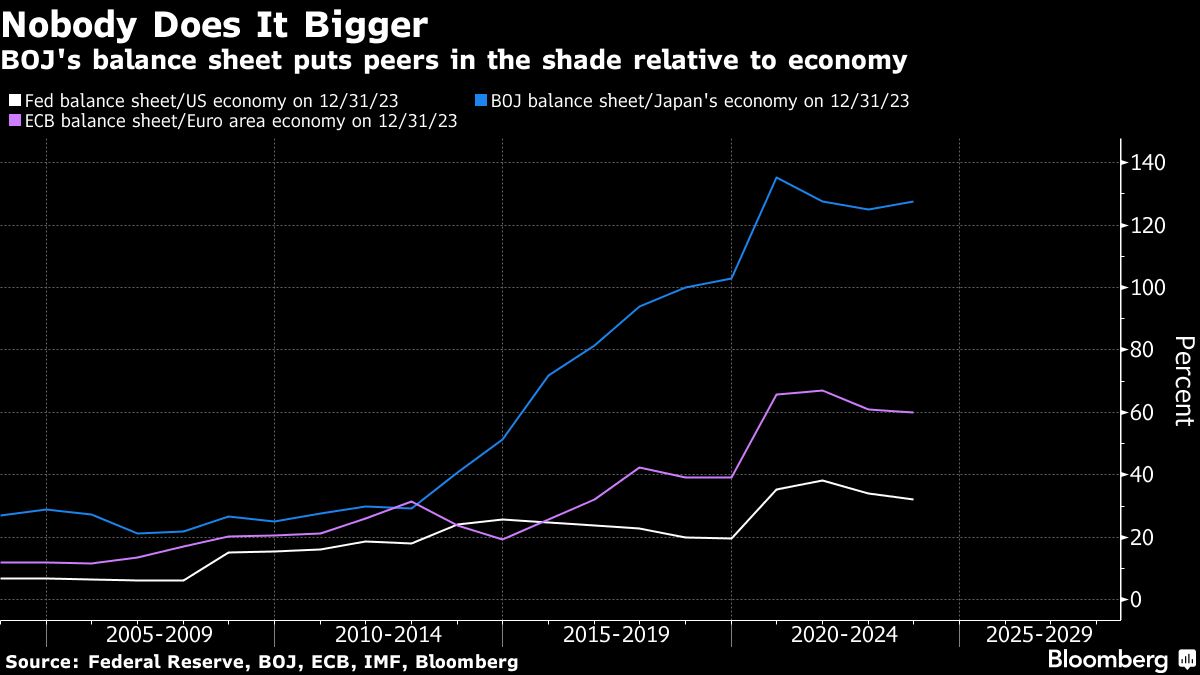“Microsoft Bing Races to Catch Up with Google: Can ChatGPT Give it the Edge?”
Vendor Patrick Porter works on a laptop with the logo of Bing, Microsoft’s recently upgraded search engine, at a cafeteria at Microsoft in Redmond, Washington, Wednesday July 29, 2009. The expanded reach that Microsoft Corp. through its new partnership wins along with Yahoo Inc., Bing will introduce more people. AP Photo/Elaine Thompson
-
Microsoft finally announced a new ChatGPT-enhanced Bing that can challenge Google’s search dominance.
-
However, its competitors are stuck and are working to bring their AI-powered products to market.
-
Microsoft needs to ensure its new Bing is better and faster to retain its first-mover advantage.
Microsoft on Tuesday announced the integration of ChatGPT, OpenAI’s viral AI chatbot, into its Bing search engine, marking one of the first times the company has been able to directly challenge search giant Google.
Microsoft initially invested more than $1 billion in OpenAI, the developer of ChatGPT, and has since poured an additional $10 billion into the company. Even before Microsoft officially launched its ChatGPT-powered Bing on Tuesday, insiders already had a feeling the looming threat of an OpenAI/Microsoft team would be the first time in decades that Google would feel pressure to improve. Now this dream becomes reality.
In a note sent to customers after Microsoft’s announcement, Wedbush said it believes Bing’s new ChatGPT integration “will challenge the web search market by gaining market share as users experience increased benefits and a new user experience.” see”.
“It’s been a long time since search has paused, and the announcement of the new Microsoft Bing, powered by the next iteration of ChatGPT, appears to be the first challenger to Google’s long-uncontested number one market position,” said Daniel Newman, Analyst at Future Research.
But as ChatGPT pushes Microsoft and Bing, Google has been aggressively reminding everyone that it’s been doing the AI thing for a long time. After all, the founders of OpenAI are former Google employees, and the “T” in “GPT” stands for “Transformers,” an AI technique invented at the search giant.
Alphabet CEO Sundar Pichai said during its fourth-quarter earnings call that more AI-powered features were coming to Google’s popular products, and the company will hold an event in Paris on Wednesday to specifically showcase this. Google also announced its own ChatGPT competitor called Bard this week.
And it’s not just Google either. Bloomberg reported that shares of Chinese internet company Baidu soared after the announcement of its generative AI called Ernie Bot.
In other words, Microsoft might have the upper hand in the AI search wars for now, but not if its competitors have anything to say about it.
“We suspect these technologies will be leveraged by all vendors and wonder if Microsoft can gain an outsized advantage over others,” analysts at Guggenheim Research said in a note following the announcement.
Microsoft must act quickly to maintain its advantage
Bing has consistently been a distant second behind Google search for decades. It is estimated that Bing has a 9% market share of search traffic. Google, on the other hand, has a firm grip on up to 80% of the market.
Microsoft promises that the new, more powerful Bing will bring new features that help users by suggesting brands or travel locations by asking questions in simple language – and help users find information faster while typing fewer keywords.
This is also just the tip of the iceberg as Microsoft has expressed interest in integrating ChatGPT into software such as Microsoft Excel and PowerPoint.
Still, Google, with its sizeable war chest and long history of developing AI in-house, seems poised for a fight. Similar to Microsoft’s master plan, Google plans to integrate ChatGPT into its own suite of software, including Gmail and Google Docs.
Erik Hamilton, head of search at marketing agency Good Apple, tells Insider that these Google tools, including the Google Chrome browser, have many fans and the AI tools will help keep them around rather than risking it to defect to Microsoft.
In other words, unless Microsoft can acquire many Bing users very quickly with these new AI capabilities, analysts believe that Google will catch up so quickly that the first-mover advantage will be challenged and we’ll see the same dynamic in between the two will play out.
Ultimately, Microsoft may finally have a chance to weaken Google’s dominance, but the real winner at the end of all this back-and-forth is the AI itself.
“As a tech giant, Microsoft’s efforts are likely to spur further adoption of AI and machine learning in the industry, but it likely won’t impact the finances of some in the future, if that ever happens,” Guggenheim analysts said.
The AI wars escalated when Google announced it would release Bard, a ChatGPT-like chatbot, to public use in February. Along with AI in Gmail and Google Docs and AI-enhanced search results, Google wants to make sure it can stand up to the coming wave from Microsoft.
Additional reporting by Ashley Stewart.
Read the original article on Business Insider
Don’t miss interesting posts on Famousbio









